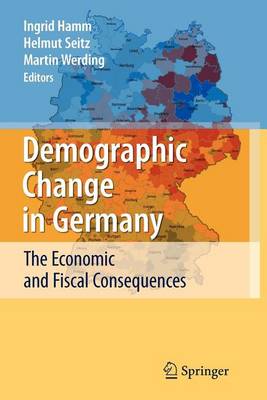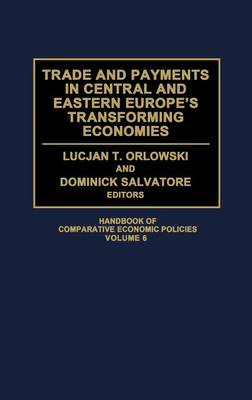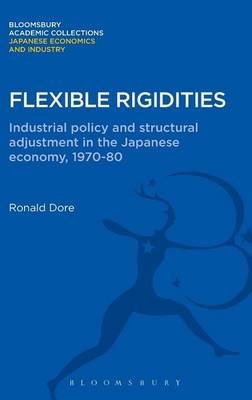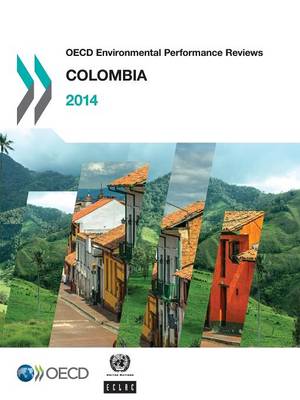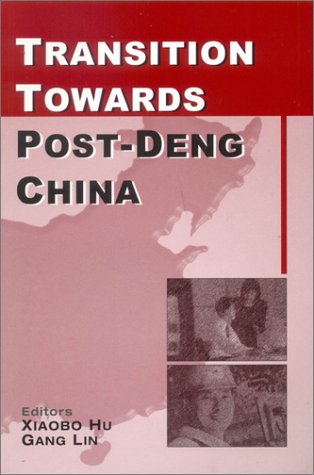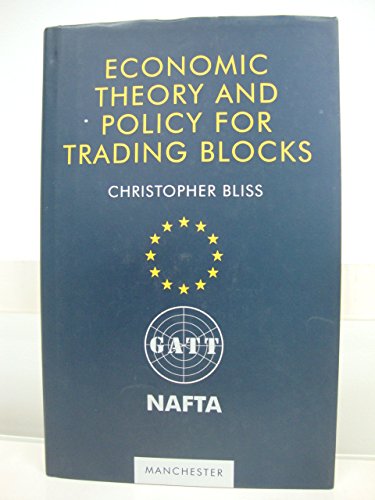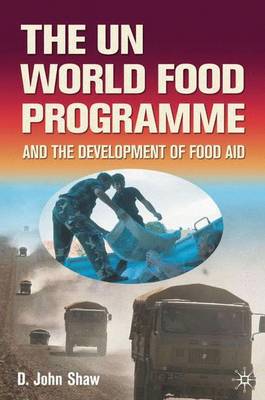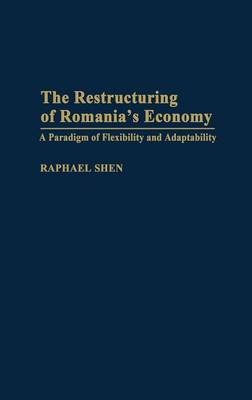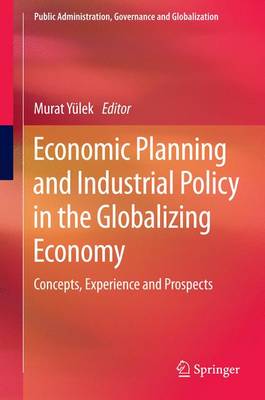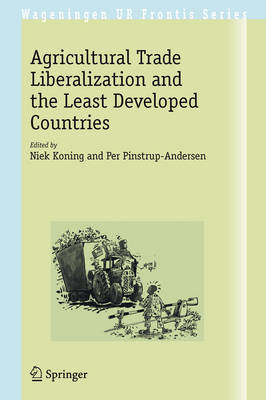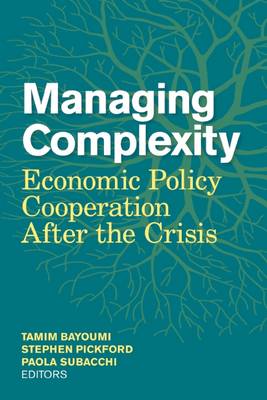This book provides an up-to-date summary of the consequences of demographic aging for labor markets, financial markets, economic growth, social security schemes and public finances in Germany, essentially reflecting the present state of knowledge in any of these areas. All contributions are written by leading experts in their fields and are based on results that emerge at the forefront of current research.
This volume examines one of the major systemic changes in world economic history: the economic transformation in the Central European nations and the former Soviet states. Part I considers the dramatic adjustments in commodity structure and the geographic distribution of trade in these countries, while Part II surveys the sweeping transition of the Central and Eastern European countries' payments systems and the evolution of financial markets, exchange rates, and banking systems. Forms of integr...
Flexible Rigidities
by Attached to Centre for Japanese and Comparative Industrial Research Currently Visiting Professor Ronald Dore
Colombia 2014 (OECD Environmental Performance Reviews)
Cavour and the Economic Modernization of the Kingdom of Sardinia (Modern European History: Italy)
by Frank M Murtaugh
Transition Towards Post-Deng China
This volume features the perspective of a new generation of younger China scholars, men and women who themselves grew up in China, but earned their PhDs overseas.
The last ten years have been the decade of privatization and deregulation. Professor Michael Beesley has played an important role in these changes. He conducted the first public enquiry on liberalizing telecommunications and advised government on forthcoming legislation in telecommunications, buses, and water as well as advising the new regulators. Equally important, he has made significant contributions to the basic economic arguments underlying the reforms. "Privatization, Regulation and Dereg...
The world economy is commonly seen as becoming divided into trading blocks, in North America, Europe and elsewhere, and there is concern that this will result in the breakdown of liberal trade. This book examines these ideas critically, and considers and extends the economic theory of trading blocks and its implications for policy. The book examines in detail the relationship between exchange rate stabilization, exchange rate variability and trade, and looks at the theoretical and practical issu...
This is the first history to be written of the World Food Programme (WFP), the food aid arm of the United Nations System. It tells the story of the antecedents and origins of WFP and growth from modest beginnings as a three-year experiment in 1963-65 to become the main source of international food aid for both disaster relief and development against the background of the evolution and development of food aid. This dual role has put WFP in the front line of the United Nations attack on poverty, h...
Given the political, financial, social, and economic conditions inherited from Communist rule, Romania's new government concluded that a shock therapy approach to reform would create unmanageable chaos and enduring instability. Though committed to economic liberalization, decisionmakers espoused a gradualist approach to economic reform. The government pursued its objectives by implementing policies it considered functionally operational. Although Romania experienced the macro dislocations and do...
Investing in Asia's Dynamism
Economic Planning and Industrial Policy in the Globalizing Economy; Concepts, Experience and Prospects
Shared Prosperity (Europe and Central Asia studies) (Europe and Central Asia Flagship)
by Maurizio Bussolo and Luis Felipe Lopez-Calva
Agricultural Trade Liberalization and the Least Developed Countries (Wageningen UR Frontis, #19)
Developing countries as a group stand to gain very substantially from trade reform in agricultural commodities. Agricultural Trade Liberalization and the Least Developed Countries is the first book to address important questions relating to this subject. The authors are world renowned experts on international trade and development and they address a very important and timely issue.
A critical look at the challenges facing international policy cooperation in the new postcrisis environment. The global financial crisis of 2007-09 highlighted the economic interdependencies between all major countries, raising the issues of international cooperation. Managing Complexity looks at how, following the global financial crisis, countries have changed the way they cooperate with each other on matters of economic policy. In this volume, the result of a joint research project of Chat...

